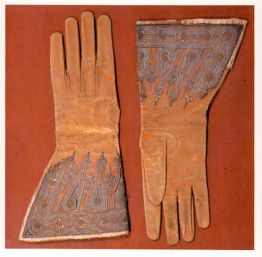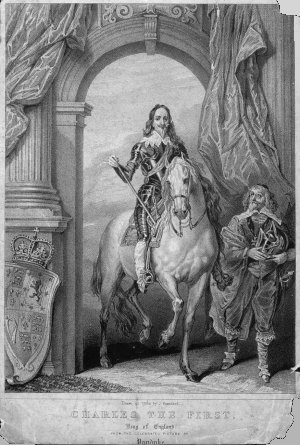Why We Honour King Charles I as a Saint.
King Charles the Martyr was the last saint to be canonised by the Church of England.
He is honoured as a martyr because he died for the Church. He was offered his life if he would abandon episcopacy but he refused, for this would have taken the Church of England away from being part
of ‘the one Holy Catholic and Apostolic Church’ and change Her into a sect.
So we venerate him for his sacrifice and see in it inspiration for us today. S. Charles is a martyr for the doctrine of episcopacy and the apostolic succession.
In the words of Dr. Mandell Creighton, Bishop of London 1897- 1901 and a noted ecclesiastical historian: ‘Had Charles been willing to abandon the Church and give up episcopacy, he might have saved his throne and his life. But on this point Charles stood
firm: for this he died, and by dying saved it for the future.’
Immediately upon the Restoration of Church and monarchy on 19th May, 1660, the Convocation of Canterbury and York, now being free to assemble and act, canonised King Charles and added his name to the Kalendar of Saints at the revision of The Prayer
Book.
It came into use with the authority of Church and State in 1662 and since that time parish churches and chapels have been dedicated under the title of S.Charles (often under the title of King Charles the Martyr).

Gloves given by S.Charles on the scaffold to William Juxon, Bishop of London. The gloves are now kept at Lambeth Palace
S. Charles is also honoured for his strong personal piety and for his protection and patronage of the Church.
His reign saw the beginning of a revival of the Religious Life in the Church of England and the first attempt at Community Life (after the Dissolution of the Monasteries under Henry VIII), which began at Little Gidding and was encouraged by S. Charles. The King visited the community and commissioned work.
He oversaw many schemes for the Church: the restoration and adornment of churches and cathedrals, the founding and advancement of charities, the improvement of the liturgy and the re-introduction of the episcopacy in Scotland. His reign witnessed, albeit briefly, a Golden Age for Anglicanism especially in spiritual and devotional writing that is still much appreciated today.
Click here for an article on “S.Charles and the Church of England”.





